Landmarks in Humanities 4th Edition by Gloria Fiero – Test Bank
Chapter 11
Enlightenment
1. The belief in a mechanistic universe fashioned by a Creator God who does not directly intervene in its affairs is called
A. atheism.
B. agnosticism.
C. animism.
D. deism.
Learning Objective: Identify the historical foundations of the Scientific Revolution
Topic: Philosophy and Religion
2. The title of Francis Bacon’s landmark work, Novum Organum, means
A. “inductive logic.”
B. “new method.”
C. “not organic.”
D. “social contract.”
Learning Objective: Define inductive reasoning and discuss Francis Bacon’s understanding of its importance
Topic: History
Topic: Scientific Revolution
3. Francis Bacon called the false dogmas or teachings that hindered clear thinking
A. Icons.
B. Identities.
C. Idols.
D. Ironies.
Learning Objective: Define inductive reasoning and discuss Francis Bacon’s understanding of its importance
Topic: History
Topic: Scientific Revolution
4. In his Novum Organum, Bacon objected to
A. the corruption of science by superstition and theology.
B. an overreliance on inductive reasoning.
C. the use of science to question Christian dogma.
D. knowledge based on observation rather than on reason.
Learning Objective: Define inductive reasoning and discuss Francis Bacon’s understanding of its importance
Topic: History
Topic: Scientific Revolution
5. Which figure famously recanted his scientific theories in 1633 after having been put on trial for heresy?
A. Galileo
B. Newton
C. Copernicus
D. Descartes
Learning Objective: Identify the historical foundations of the Scientific Revolution
Topic: History
Topic: Scientific Revolution
6. One reason that both Protestants and Catholics opposed the heliocentric theory was that it
A. had no empirical basis.
B. contradicted Scripture.
C. was introduced to Europe by Muslim astronomers.
D. All these answers are correct.
Learning Objective: Identify the historical foundations of the Scientific Revolution
Topic: History
Topic: Scientific Revolution
7. Diderot’s Encyclopedia was
A. was written entirely by Diderot himself.
B. the largest compendium of knowledge produced in the West.
C. an attempt to limit access to technical knowledge and philosophical truth.
D. All these answers are correct.
Learning Objective: Describe major economic, social and political theories from the Enlightenment
Topic: History
8. Which of the following men was NOT a significant figure in the movement known as the Scientific Revolution?
A. Copernicus
B. Hogarth
C. Galileo
D. Newton
Learning Objective: Identify the historical foundations of the Scientific Revolution
Topic: History
Topic: Scientific Revolution
9. Descartes’ proposition, “I think, therefore I am,” demonstrated
A. his debt to the empirical method.
B. his respect for the theories of Francis Bacon.
C. a premise he could not doubt.
D. his rejection of critical inquiry.
Learning Objective: Define Rene Descartes use of deductive reasoning
Learning Objective: Describe major economic, social and political theories from the Enlightenment
Topic: History
Topic: Scientific Revolution
10. The French salon, center of intellectual debate, was often organized by
A. noblewomen.
B. artisans.
C. priests.
D. government officials.
Learning Objective: Describe major economic, social and political theories from the Enlightenment
Topic: History


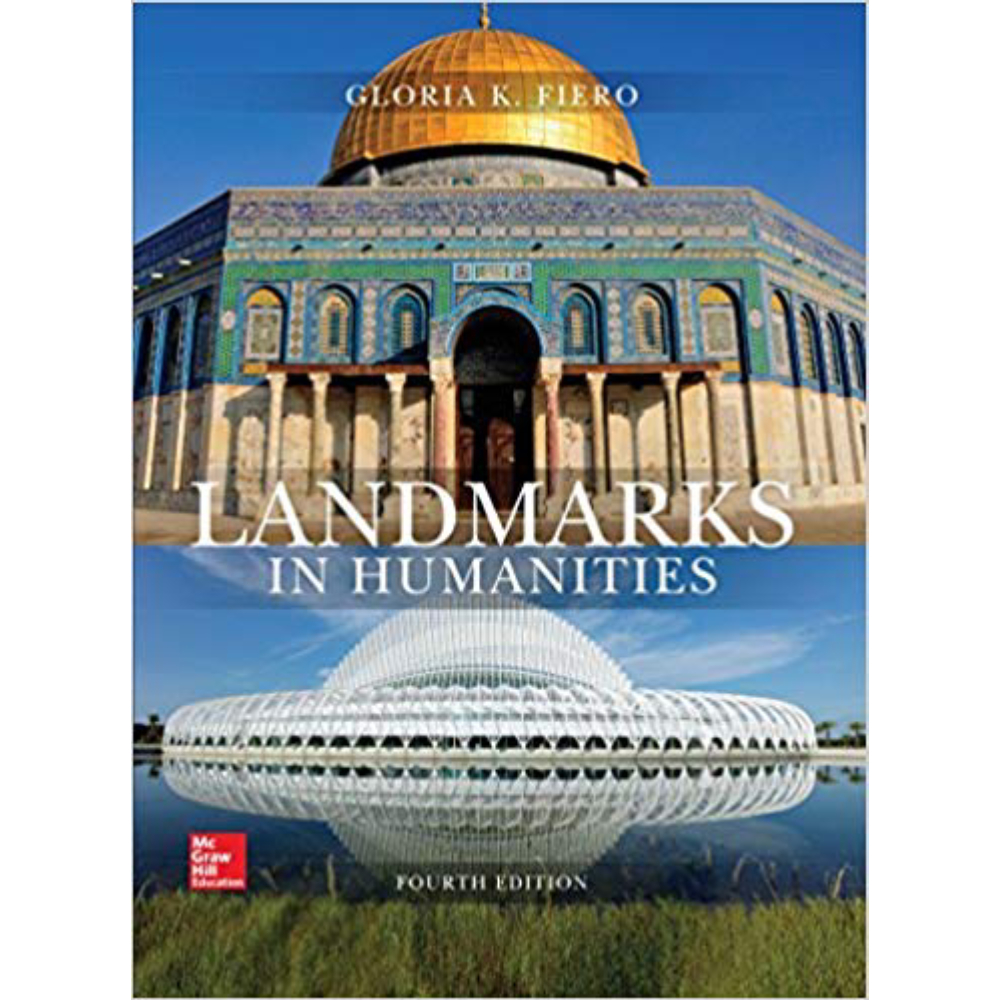






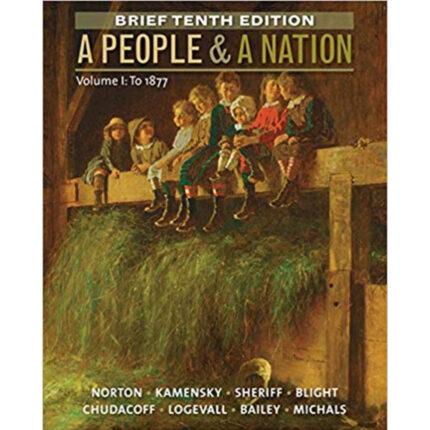
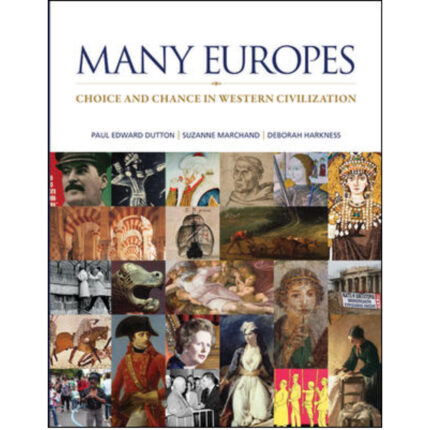
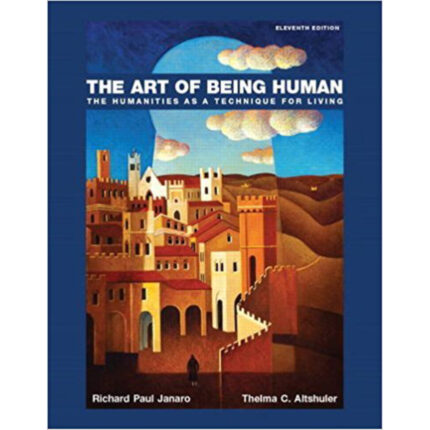
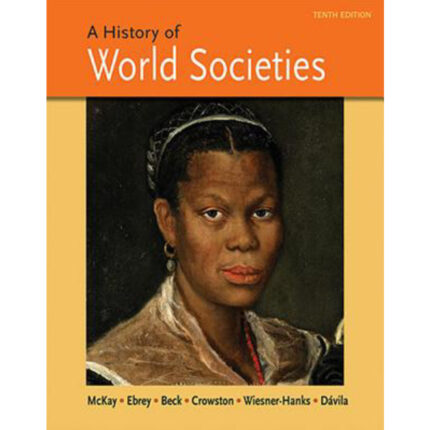
Reviews
There are no reviews yet.